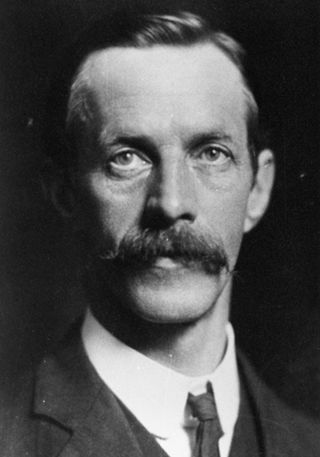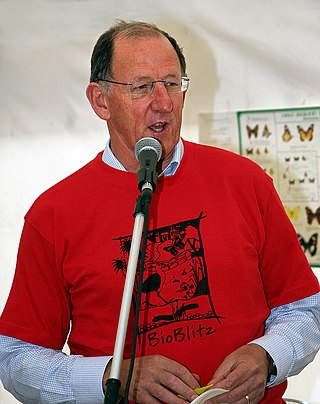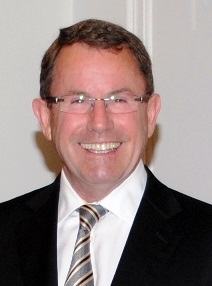
City Vision is a centre-left coalition of two political parties, the New Zealand Labour Party and the Green Party of Aotearoa New Zealand, and community independents who contest Auckland Council elections every three years. They have usually caucused in affiliation with Labour Party councillors and progressive independents.

Auckland Council is the local government council for the Auckland Region in New Zealand. It is a territorial authority that also has the responsibilities, duties and powers of a regional council and so is a unitary authority, according to the Local Government Act 2009, which established the council. The governing body consists of a mayor and 20 councillors, elected from 13 wards. There are also 149 members of 21 local boards who make decisions on matters local to their communities. It is the largest council in Oceania, with a $3 billion annual budget, $29 billion of ratepayer equity, and 9,870 full-time staff as of 30 June 2016. The council began operating on 1 November 2010, combining the functions of the previous regional council and the region's seven city and district councils into one "super council" or "super city".

The 2010 New Zealand local elections were triennial elections to select local government officials and district health board members. All elections are conducted by postal ballot, with election day being Saturday 9 October 2010.

The 2013 New Zealand local elections were triennial elections to elect local government officials and District Health Board members, and the membership of other local bodies such as Licensing Trusts. All elections were conducted by postal ballot, with election day being Saturday 12 October 2013.

The 1912 Wellington City mayoral election was part of the New Zealand local elections held that same year. In 1911, elections were held for the Mayor of Wellington plus other local government positions. Thomas Wilford, the incumbent Mayor, resigned due to ill health and did not contest the ensuing election. David McLaren was elected to office as the new Mayor of Wellington, beating three other contenders and becoming the city's first Labour Mayor. The polling was conducted using the standard first-past-the-post electoral method.

The 2007 Auckland City mayoral election was part of the New Zealand local elections held that same year. In 2007, elections were held for the Mayor of Auckland plus other local government positions including nineteen city councillors. The polling was conducted using the standard first-past-the-post electoral method.

The 2004 Auckland City mayoral election was part of the New Zealand local elections held that same year. In 2004, elections were held for the Mayor of Auckland plus other local government positions including nineteen city councillors. The polling was conducted using the standard first-past-the-post electoral method.

The 2001 Auckland City mayoral election was part of the New Zealand local elections held that same year. In 2001, elections were held for the Mayor of Auckland plus other local government positions including nineteen city councillors. The polling was conducted using the standard first-past-the-post electoral method.
The 1998 Auckland City mayoral election was part of the New Zealand local elections held that same year. In 1998, elections were held for the Mayor of Auckland plus other local government positions including nineteen city councillors. The polling was conducted using the standard first-past-the-post electoral method.
The 1992 Auckland City mayoral election was part of the New Zealand local elections held that same year. In 1992, elections were held for the Mayor of Auckland plus other local government positions including twenty-four city councillors. The polling was conducted using the standard first-past-the-post electoral method.
The 1989 Auckland City mayoral election was part of the New Zealand local elections held that same year. In 1989, elections were held for the Mayor of Auckland plus other local government positions including twenty-four city councillors. The polling was conducted using the standard first-past-the-post electoral method.

The 1986 Auckland City mayoral election was part of the New Zealand local elections held that same year. In 1986, elections were held for the Mayor of Auckland plus other local government positions including twenty-one city councillors. The polling was conducted using the standard first-past-the-post electoral method.
The 1983 Auckland City mayoral election was part of the New Zealand local elections held that same year. In 1983, elections were held for the Mayor of Auckland plus other local government positions including twenty-one city councillors. The polling was conducted using the standard first-past-the-post electoral method.
The 1980 Auckland City mayoral election was part of the New Zealand local elections held that same year. In 1980, elections were held for the Mayor of Auckland plus other local government positions including twenty-one city councillors. The polling was conducted using the standard first-past-the-post electoral method.
The 1977 Auckland City mayoral election was part of the New Zealand local elections held that same year. In 1977, elections were held for the Mayor of Auckland plus other local government positions including twenty-one city councillors. The polling was conducted using the standard first-past-the-post electoral method.
The 1974 Auckland City mayoral election was part of the New Zealand local elections held that same year. In 1974, elections were held for the Mayor of Auckland plus other local government positions including twenty-one city councillors. The polling was conducted using the standard first-past-the-post electoral method.

The 1971 Auckland City mayoral election was part of the New Zealand local elections held that same year. In 1971, elections were held for the Mayor of Auckland plus other local government positions including twenty-one city councillors. The polling was conducted using the standard first-past-the-post electoral method.
The 1965 Auckland City mayoral election was part of the New Zealand local elections held that same year. In 1965, elections were held for the Mayor of Auckland plus other local government positions including twenty-one city councillors. The polling was conducted using the standard first-past-the-post electoral method.
The 1962 Auckland City mayoral election was part of the New Zealand local elections held that same year. In 1962, elections were held for the Mayor of Auckland plus other local government positions including twenty-one city councillors. The polling was conducted using the standard first-past-the-post electoral method.










